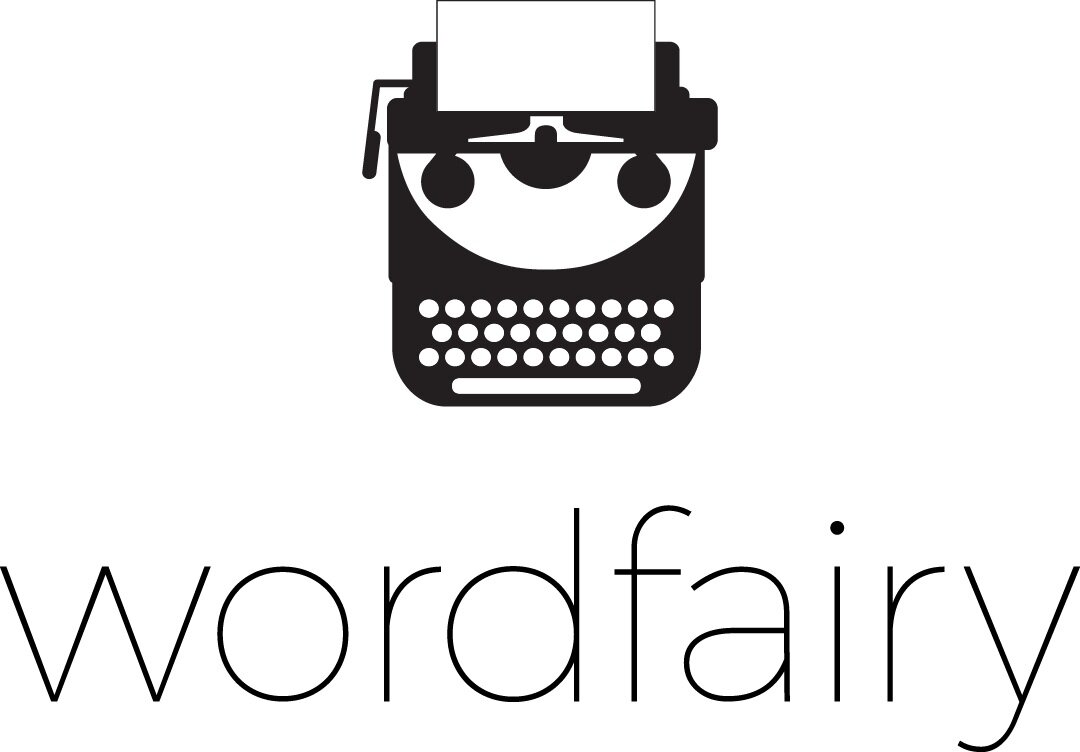Short but sweet
There’s a lot of talk, in the literary world, about entering writing competitions. Some see it as a subjective, purposeless task, reflecting that it’s better to aim for a publishing deal or go ahead and self-publish. Others battle for six years before getting placed, feeling validated only when a judge puts a green sticker on their work. Anyone who follows me on socials or knows me IRL knows which camp I fall into.
I’ve been working away at short story competitions for six years. Of course, everyone wants to win, but all I really, genuinely wanted was to get onto a long or shortlist somewhere. Such a place means you can tag yourself with that status in any bio, and (sometimes) you’ll be published in the competition anthology or website. The tag lasts forever.
Competitions cover novels and poems too, but I love the short story genre, probably because I love reading them. From my small but eclectic portfolio of active stories, the one that’s finally made it onto a shortlist is the flagship title of them all, and I’ve been spamming it out since 2019, putting it through numerous edits.
I thought it might be useful, now I’ve been stamped and approved, to share some thoughts on the process.
• Competition entering can be expensive. This is my habit – for some it’s handbags or shoes, for me, it’s entry fees. Don’t let this put you off. Look out for bursaries, concessions, and the free comps that crop up from time to time.
• Competitions are subjective. Judges change year in, year out. This year I have been shortlisted on the Bath Short Story Award, having sent the same short story, Wheels, to Bath in 2022. OK it’s had some edits, but it’s not that far off the original version.
• Think of a short story as a window into a bigger world or a snapshot of a scene; you don’t have lots of time to tell it. Imagine you’re at a busy dinner party itching to tell a story. How do you get your voice heard over the chatter and retain the crowd’s attention without people wandering off to find more wine (or call a cab)?
• Edit your stories, then edit them again, then again. Read them out loud, record yourself reading them, play them back on headphones or a speaker. The errors will stand out.
• Send stories to more than one comp at the same time (if money allows). Work on several stories at once. Put a story down for a few weeks before coming back to it for more edits.
• Look at the previous entries of competitions when they are available, and read the judges’ views on the winning entries if they’re published, for vital clues as to what’s required.
• Share your work. I didn’t do that enough, and may start doing it now. What I did do was to embark on an MA in Creative Writing, and in doing so have been able to view my work in a whole new way, holding it up to the light and finding holes I hadn’t spotted before. Gather a bank of willing readers.
• Read short stories, and then read more, and then read more. My faves are Raymond Carver and Margaret Atwood.
• Patience is essential, something I’m awful at. I waited two months for long and shortlist news (got both emails on my birthday, pleaseandthankyou). Then another two nail-biting months for the winner announcement (in my case, shortlist confirmation). For other comps, it can be longer.
• Obvious and trite, but don’t give up.
• Thanks to the Bath Short Story Award for putting me out of my shortlist misery.
• Thanks to my friends and family for providing me with inspiration and confidence.
I’m off to get the next one ready. See you in another six years.

